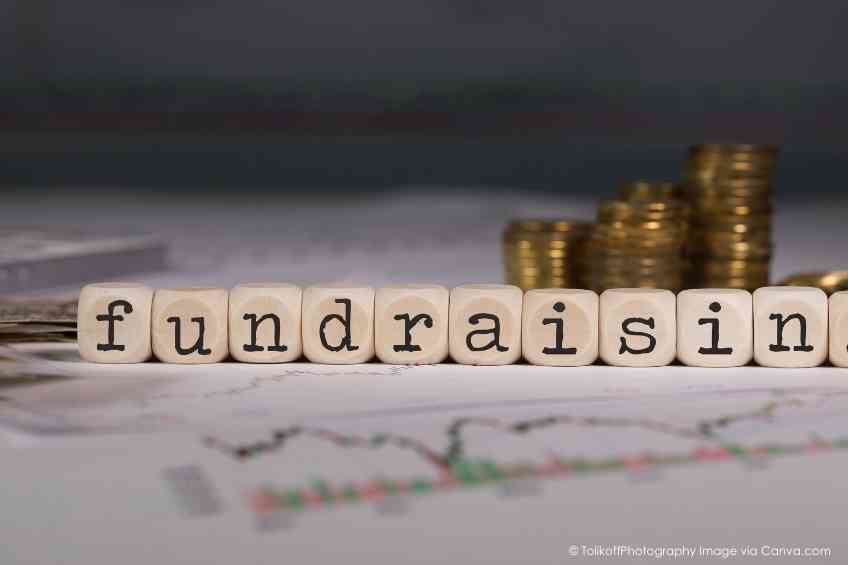By John Salak –
Apparently, dishing out a little pain can be a good and pleasurable thing. Okay, before this gets carried away, no one is discussing or endorsing bloodlust of sadism. But there just may be a market and benefit for “malicious pleasure” or schadenfreude as the Germans call it.
In fact, the ability to properly manage a little malicious pleasure may even help those looking to fundraise for various charities, at least this is what a UC Riverside study is reporting.
The university research specifically looked at the appeal of schadenfreude from a marketing psychology perspective. Relying on a series of behavioral scenario studies, the study found that if properly applied, fundraisers can use this emotion to help raise money. The key is keeping the malice in check.
It is essential that fundraisers appealing to schadenfreude shouldn’t get too carried away with the related stunts. Think about celebrities or notables—even those who aren’t well-liked—getting hit with pies thrown in the face or plunged into water tanks versus having them receive a shock with a taser gun.
“If a disliked person gets more than their just desserts, and they’re severely punished, you no longer feel happy about that punishment, and donations go down,” explained Thomas Kramer, associate dean of UC Riverside’s business school.
Schadenfreude is defined as inflicting mild misfortune that falls comfortably short of sadism on those seen as deserving of the misfortune. Groups understanding how to tap into this sentiment can raise money to support various causes.
The team also found that in order to maximize donations, the donor can inflict or observe mild misfortune, while those who inflict it are willing to donate roughly the same as those who watch.
Donors must also have disdain for the person receiving the misfortune, which elicits pleasure when they see that person get their punishment.
The study involved hundreds of participants experiencing various Schadenfreude scenarios. One example involved having them rate levels of dislike and deservingness for persons receiving the misfortune and how much they would donate up to $10 to throw a pie into that person’s face.
The results showed that the higher levels of deservingness resulted in higher payments. In another scenario, more mild misfortune paid better than severe misfortune.
Exactly how these findings can be applied to interpersonal relationships is still undecided. But the research could help funding-short nonprofits draw in resources, which is especially critical in the large and competitive market. Americans, in fact, donate almost $500 billion annually to charities.













